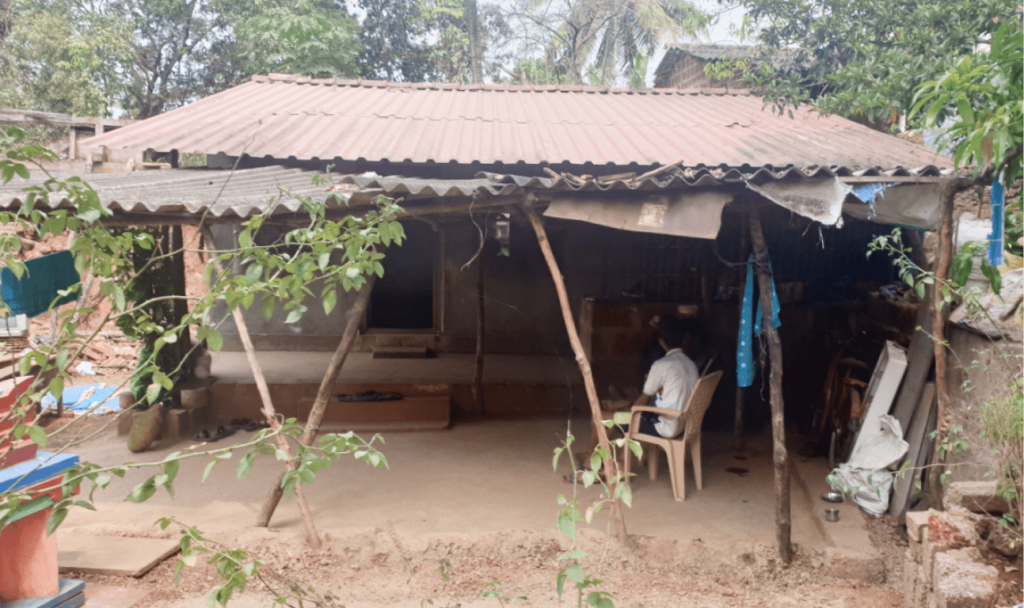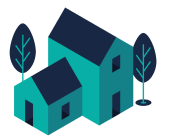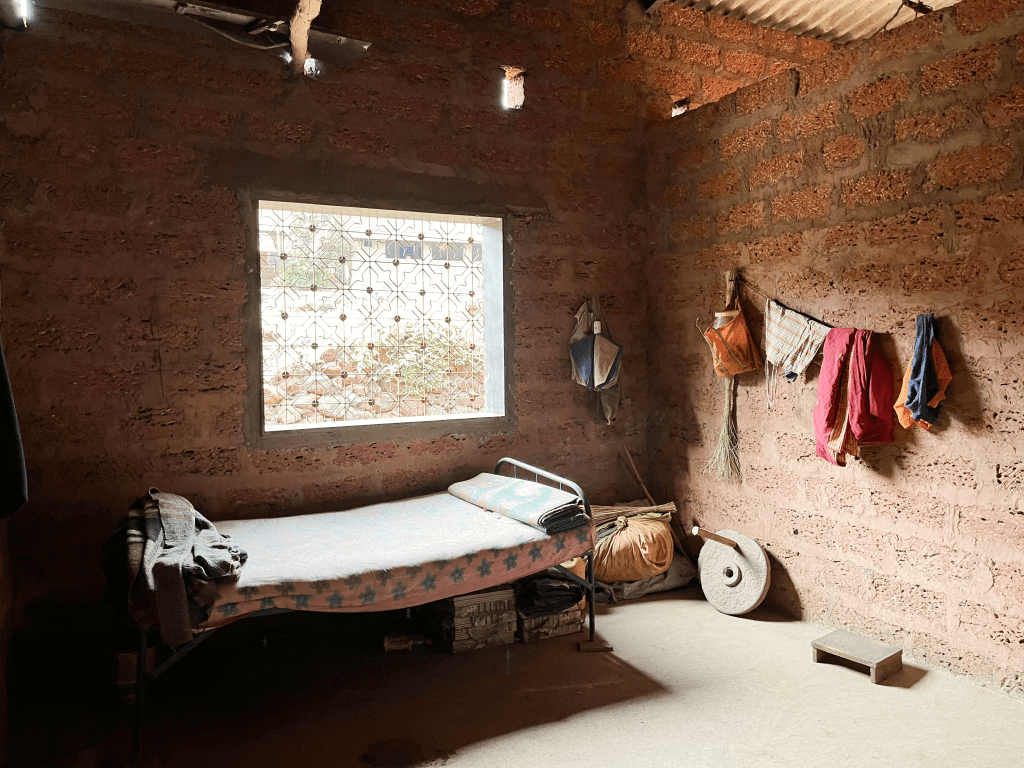The right to adequate housing is one of the most basic rights promised to any person. Yet, it forms the absolute core of being able to exercise the many other fundamental rights that allow one to live a life in a dignified manner. From general well-being to safety to educational achievements and much more, it is difficult to be able to access any of it when the housing needs are not adequately met. Hence, it became an integral addition to the Right to an adequate standard of living, when recognized in the 1948 Universal Declaration of Human Rights and the 1966 International Convent on Economic, Social, and Cultural Rights.
But is adequate housing limited only to the construction of four walls and a roof over the head? Or does the right encompass a broader meaning to it than just its physical aspects? A shelter can be considered adequate to house someone only after several criteria are met. Adequate sanitation, safe drinking water, heating, lighting, and waste disposal are considered some of the requisites. The Housing Standards in India (recommended by the Environment and Health Committee in 1947) state several minimum aspects that need to be satisfied for a shelter to be considered adequate. It states that there needs to be at least 100 sq ft of floor area per person, with the living room area not being less than 50 sq ft per person. The height of all spaces should be such as to give an air space of at least 500 c.ft. per capita, preferably 1000 c.ft. The window area is to be 1/5th of the floor area (In rural areas, it can be up to 10%), while doors and windows combined should have 2/5th of the floor area. Adequate water supply is an important aspect of adequate housing. The Ministry of Housing and Urban Affairs has suggested a benchmark of 135 lpcd (liter per capita per day) for urban water supply, while for rural areas it has been fixed at 55 lpcd. These were some of the tangible standards that make for an adequate shelter.
The right encompasses some intangible aspects to it as well. These are the freedoms and entitlements offered to people. Together they ensure that, while focusing on the right to adequate housing, some of the other basic rights of an individual aren’t lost. Ultimately, human rights are interdependent, indivisible, and interrelated, and dismissing one of them has a direct impact on the others.

Let us talk about the freedoms and entitlements offered under the right to Adequate housing. In the Indian context, the definition of a shelter is not limited to the mere protection of a person’s life and limb. It is a home where they have opportunities to grow physically, intellectually, and spiritually. The right to shelter, therefore, includes adequate living space, safe and decent structure, clean and decent surroundings, sufficient light, pure air and water, electricity, sanitation, and other civic amenities like roads, etc. It is imperative that the provision of adequate housing actively works towards reducing problems for its residents so that they can focus on the improvement of their standard of living. When faced with a constant threat of being evicted from their homes or uncertainty about the length of their stay at each new shelter, finding a stable source of income or even education is not a viable option. Hence, the right entails freedom from forced evictions or destruction of shelters, or interference with one’s home, privacy, and family. It also includes the right to choose one’s residence. The provision of housing in a place far from a source of income again leads to a detrimental effect on the mental and economic well-being of an individual. When a majority of non-working hours are spent commuting, social enrichment becomes secondary at the end of the day. Hence, adequate housing cannot be realized without taking into consideration an individual’s right to decide where to live.
While these freedoms safeguard an individual from societal oppression, entitlements ensure that welfare measures are distributed to them fairly. While the right to adequate housing is exercised, it may be required to ensure that the same is exercised without discrimination of any kind. This right is to be given to every individual equally, irrespective of their standing in society, whether it is based on religion, class, caste, or any other form. It also entitles the individual to participate in the process behind housing-related decisions. This ensures that a real-time perspective of the problem is maintained. Other than that, the right to adequate housing offers the security of tenure which goes hand in hand with their freedom from being evicted. The right also takes into consideration the loss of existing adequate housing by entitling an individual to regain a lost shelter, land, or property.
Adequate housing forms the bedrock for a good human life. There are strict regulations, rights, and freedoms that safeguard the same. With more awareness about them, it will become easier for people to claim these rights to ensure a healthy and safe living environment for themselves. At the end of the day though, for people who are fighting for this dream on their own, rights are just words on a document if the means to achieve them are invisible. Visava hopes to help them clear this obstacle and offers the next step in this process of upliftment, by providing them easy access to the same. It works as a tool to inform them of all the possibilities at their disposal and what they require to turn their dreams into a reality.

